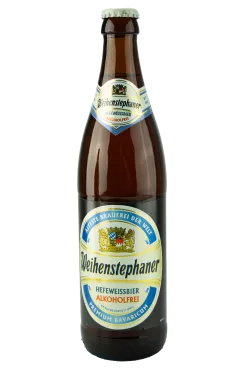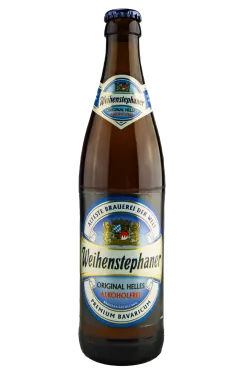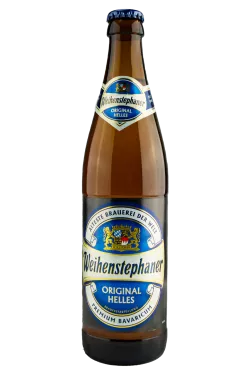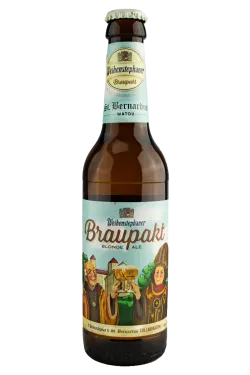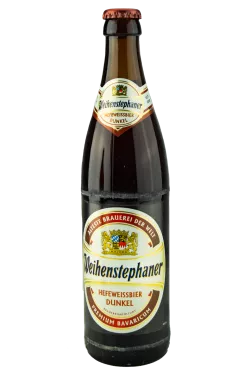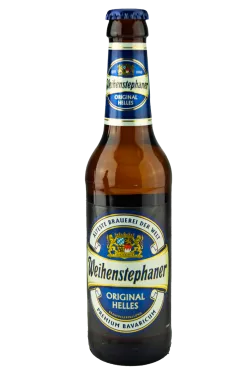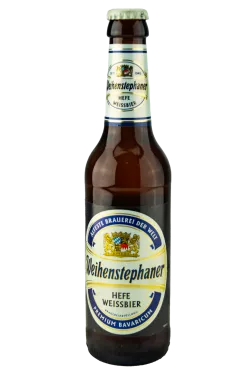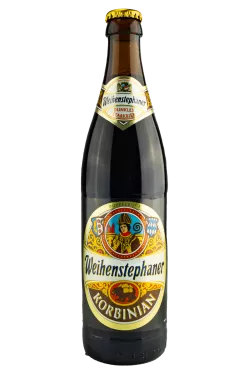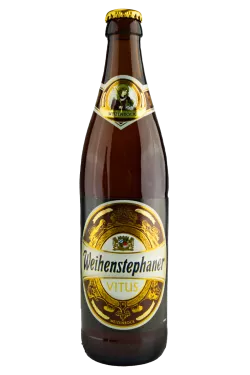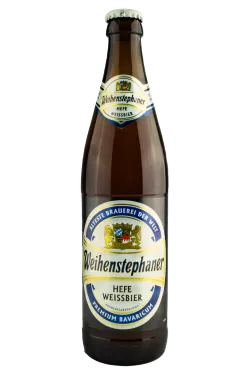Weihenstephan
In the beer scene, Weihenstephan is one of the most famous places in Germany and is considered the cradle of German brewing. According to its own information, the Bavarian State Brewery Weihenstephan is the oldest brewery in the world.
Undeterred despite countless disasters
It all began in 725, when Korbinian, now Saint, founded a Benedictine monastery with twelve of his companions. They chose the Nährberg above Freising for their project. The choice of this location soon proved to be a very wise one: not only did the region provide the finest grain for the monastery brewery, but hops could also be purchased nearby. A hop garden not far from the Nährberg supplied the monks with regional green gold. The monastery brewery was officially launched in 1040, when Abbot Arnold received the official brewing and liquor license from the city of Freising. We assume that brewing had already taken place long before that, but this date marked the point at which beer could also be sold. A turbulent time began: fires, wars, famines and epidemics raged through the lands, resulting in repeated destruction and reconstruction. In the 19th century, secularization followed and heralded the end of the monastery, but even this drastic measure could not bring the brewery to its knees. It became state property and continued to be run under this management. For just over 100 years, the brewery has borne its current name, which is synonymous with excellent beer all over the planet.
Education and beer from one source
Today, Weihenstephan is known not only for its good beer but also for its good school: young men and women from all over the world flock to Freising to learn the craft of brewing. Being at the center of this lively educational hub has a positive impact on the brewery. While the craft is based on a thousand years of experience, the brewing facility is state-of-the-art, hops and malt from farmers in the immediate area form a solid basis, in-house yeast strains are stored both in the brewery's cellar and in the Technical University, and the never-ending stream of inquisitive interns brings a breath of fresh air to the brewhouse. In addition to producing excellent beer, the brewery has also made it its mission to protect the environment. Sustainability, CO2 neutrality, state-of-the-art technology and regionality are concerns that are pursued day after day with passion and a sense of duty. The beer that is produced in this admirable way is traditional and tasty. The brewery's speciality is strong wheat beers, but thanks to intensive research the team also has excellent knowledge of non-alcoholic brews.
Available from us

Bayerische Staatsbrauerei Weihenstephan
Alte Akademie 2
85354 Freising
Deutschland 
